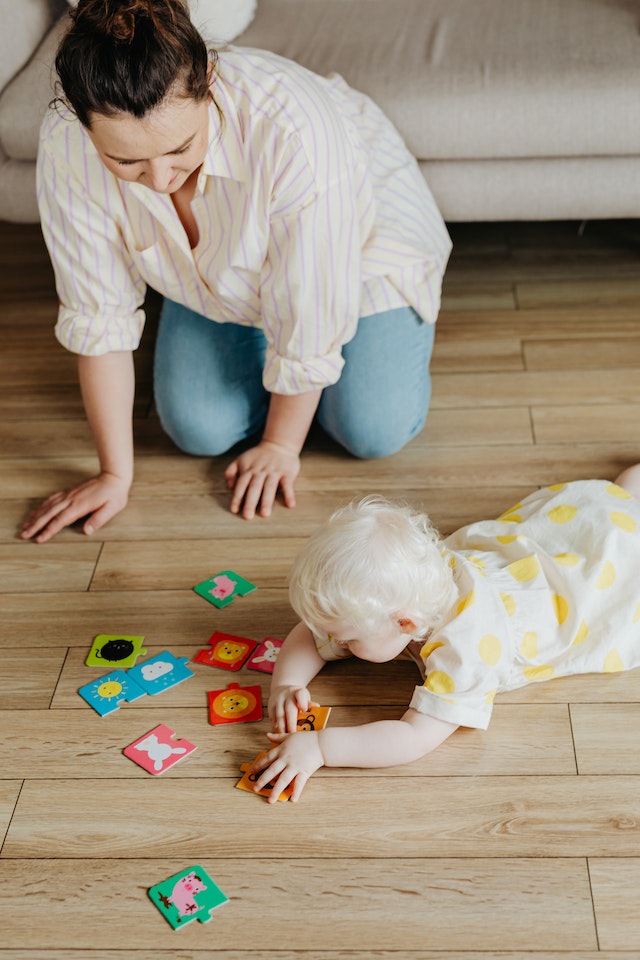Introduction:
As an experienced teacher with 35 years of practice, I understand the importance of teaching children not only academic knowledge but also essential life skills, including manners and social etiquette.
Flashcards are a versatile and effective tool for engaging kids in interactive learning experiences.
In this article, we will explore the availability of flashcards specifically designed to teach manners and social etiquette to children, helping them develop important social skills.
The Power of Flashcards:
Flashcards have long been recognized as a valuable educational resource for children.
They offer a visually stimulating and interactive way to introduce and reinforce various concepts, including manners and social etiquette.
With the right flashcards, you can make learning about social skills engaging, enjoyable, and memorable for kids.
Flashcards for Teaching Manners and Social Etiquette:
Fortunately, there are flashcards available that specifically focus on teaching manners and social etiquette to children.
These flashcards typically feature colorful illustrations and concise explanations, making them appealing and easy to understand.
They cover a range of topics, including greetings, table manners, sharing, empathy, gratitude, and more.
Benefits of Using Flashcards for Teaching Manners and Social Etiquette:
Visual Learning:
Flashcards provide visual cues that help children grasp and remember concepts more effectively.
The vibrant images and accompanying text make it easier for kids to connect the idea with the appropriate behavior.
Interactive Engagement:
Flashcards can be used in various interactive activities and games that encourage active participation.
This involvement enhances children’s understanding, retention, and application of manners and social etiquette principles.
Bite-Sized Information:
Flashcards present information in small, digestible chunks, which is ideal for young learners.
Each card focuses on a specific skill or concept, allowing children to grasp one concept at a time and build upon their knowledge gradually.
Repetition and Reinforcement:
Flashcards offer opportunities for repetition, which is crucial for reinforcing learning.
By revisiting the flashcards regularly, children internalize the desired manners and social etiquette behaviors.
Using Flashcards Effectively:
To maximize the effectiveness of flashcards for teaching manners and social etiquette to kids, consider the following tips:
Make it Fun:
Engage children through interactive activities like matching games, role-playing, or creating scenarios where they can apply the manners and social etiquette concepts from the flashcards.
Practice in Real-Life Situations:
Encourage children to practice the manners and social etiquette they learn from the flashcards in everyday situations.
Provide opportunities for them to greet others, use polite language, or demonstrate kindness and respect.
Consistency is Key:
Use the flashcards regularly as part of your teaching routine.
Revisit the cards, discuss the concepts, and encourage children to reflect on their own behavior and progress.
Be a Role Model:
As a teacher or parent, model the manners and social etiquette behaviors you want children to learn.
Your actions and words serve as powerful examples for children to emulate.
Conclusion:
Flashcards are a fantastic resource for teaching manners and social etiquette to children.
With colorful illustrations and concise explanations, these flashcards engage young learners and facilitate the development of important social skills.
By incorporating flashcards into your teaching approach, you can make learning manners and social etiquette enjoyable, interactive, and memorable for kids.
Together, let’s nurture a generation of children who embrace positive social behaviors and contribute to a polite and respectful society.
![]()











